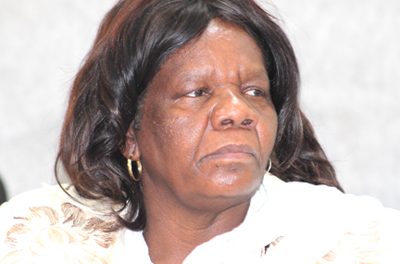
Massive Development Bank award looking for best innovation business

A whopping N$1 million is the teaser for start-ups in this year’s Innovation Award of the Development Bank of Namibia.
This week, the bank’s Head of Marketing and Corporate Communication, Jerome Mutumba, said the bank is so serious about innovation, it will provide funding of N$1 million for the winning project.
“The bank is seeking late-stage entrants who have refined their models and done initial planning with a view to launching their projects in the near future,” he said adding that the substantial funding reflects the reality of the cost of starting a new business based on a new idea.
The award criteria determine that the business idea must be beyond the speculative phase, and must be ready to launch operations once funding is secured. “Award recipient will not be in a speculative phase but will require funding for the operational requirements of final studies and investigation to refine feasibility, acquisition of technology and operating capital,” he said.
In addition to a detailed understanding of the innovation, it also requires the recipient to present a business plan, which includes a cash flow forecast and CVs of the key individuals in management.
From the bank’s lending experience, it has learned that the final leap from plans to operational reality can be costly and is often delayed for a lack of money. The award winner may also be allowed to draw on the bank’s Project Preparation Fund, or be supported in building capacity through its Client Support function.
Businesses that are already in operation are also eligible for the award. The entry form can be downloaded from the Development Bank website. The closing date is 28 September.
The 2017 innovation award winner was Namibia Ceramics, a manufacturer of ceramic tiles using locally mined clay.













































